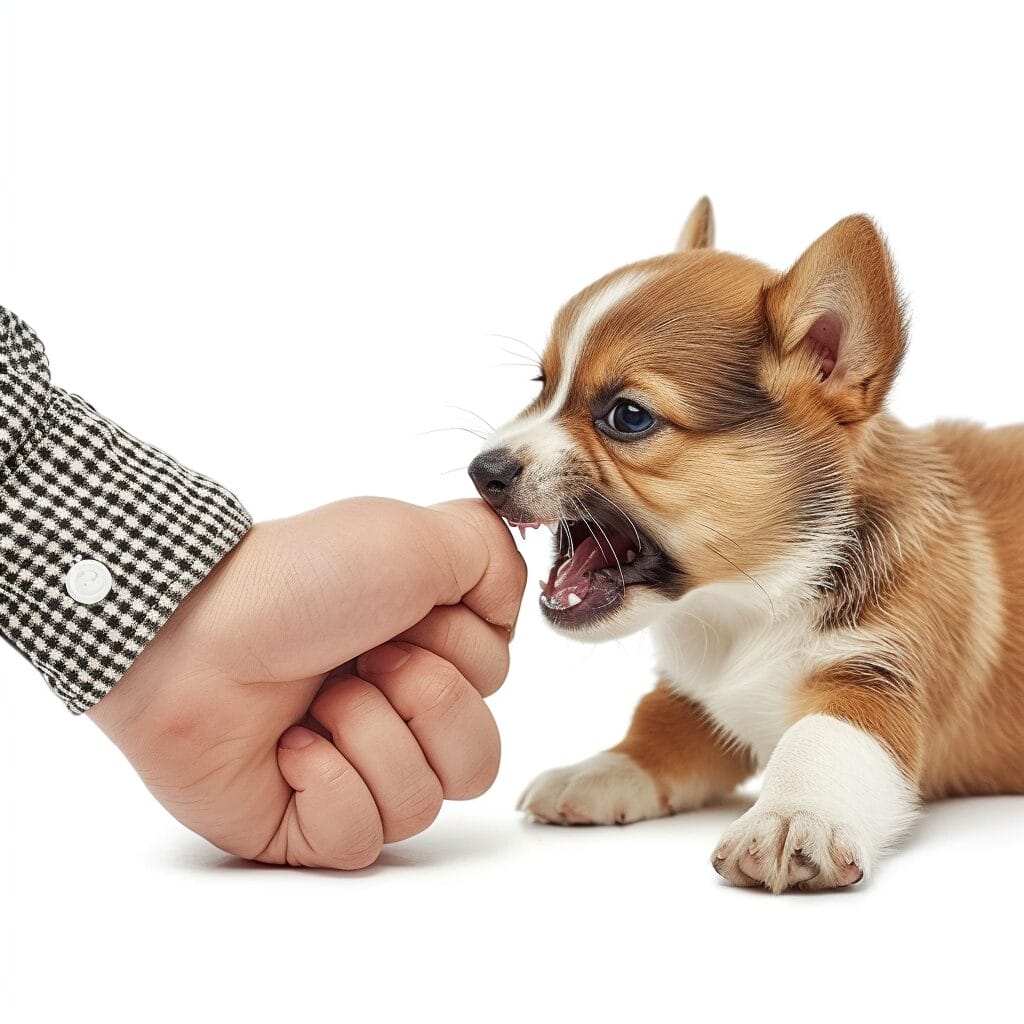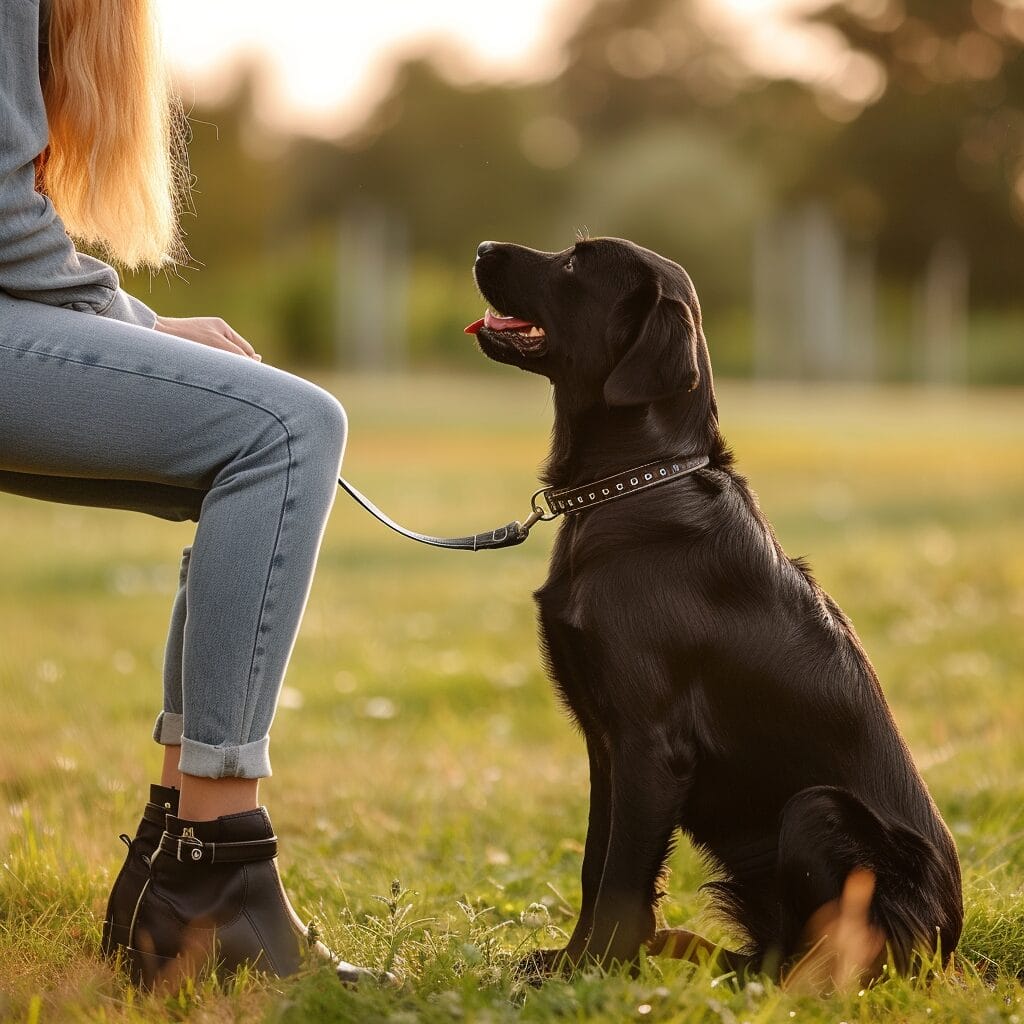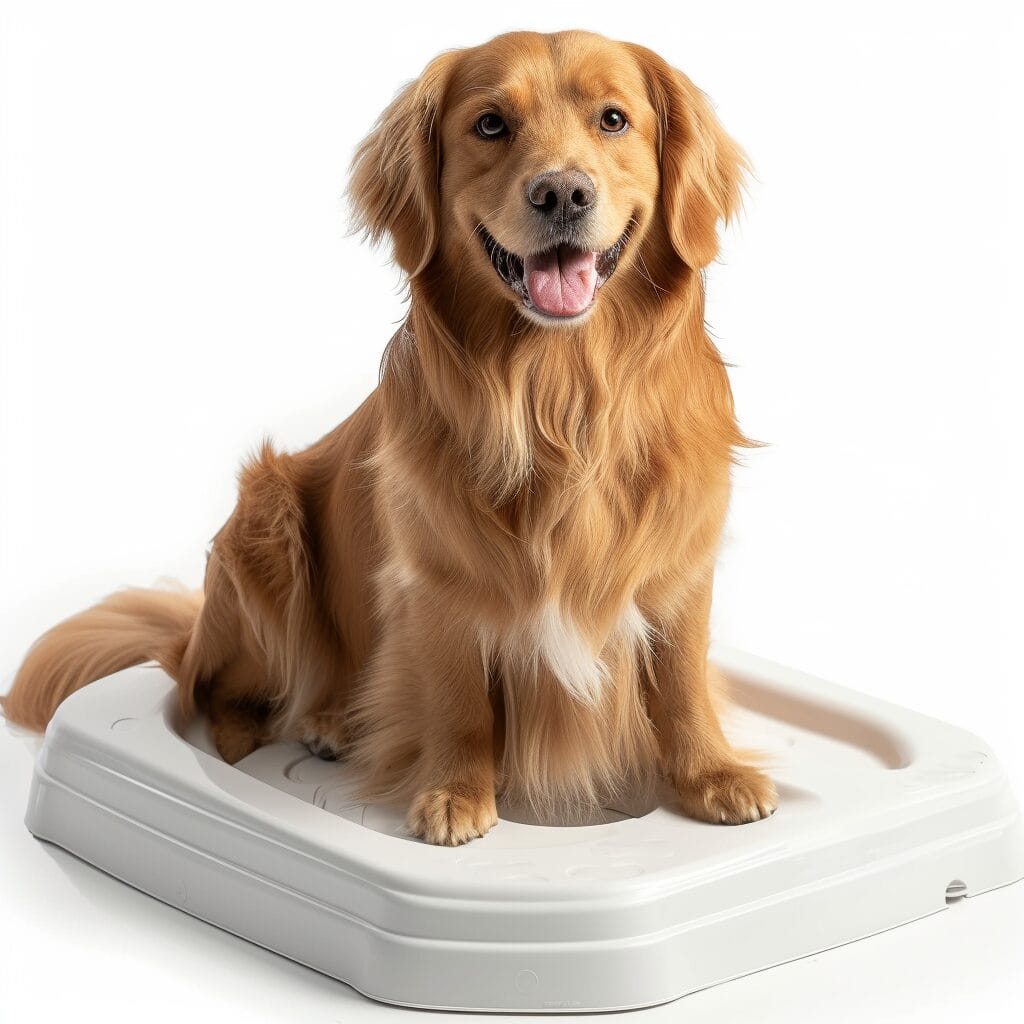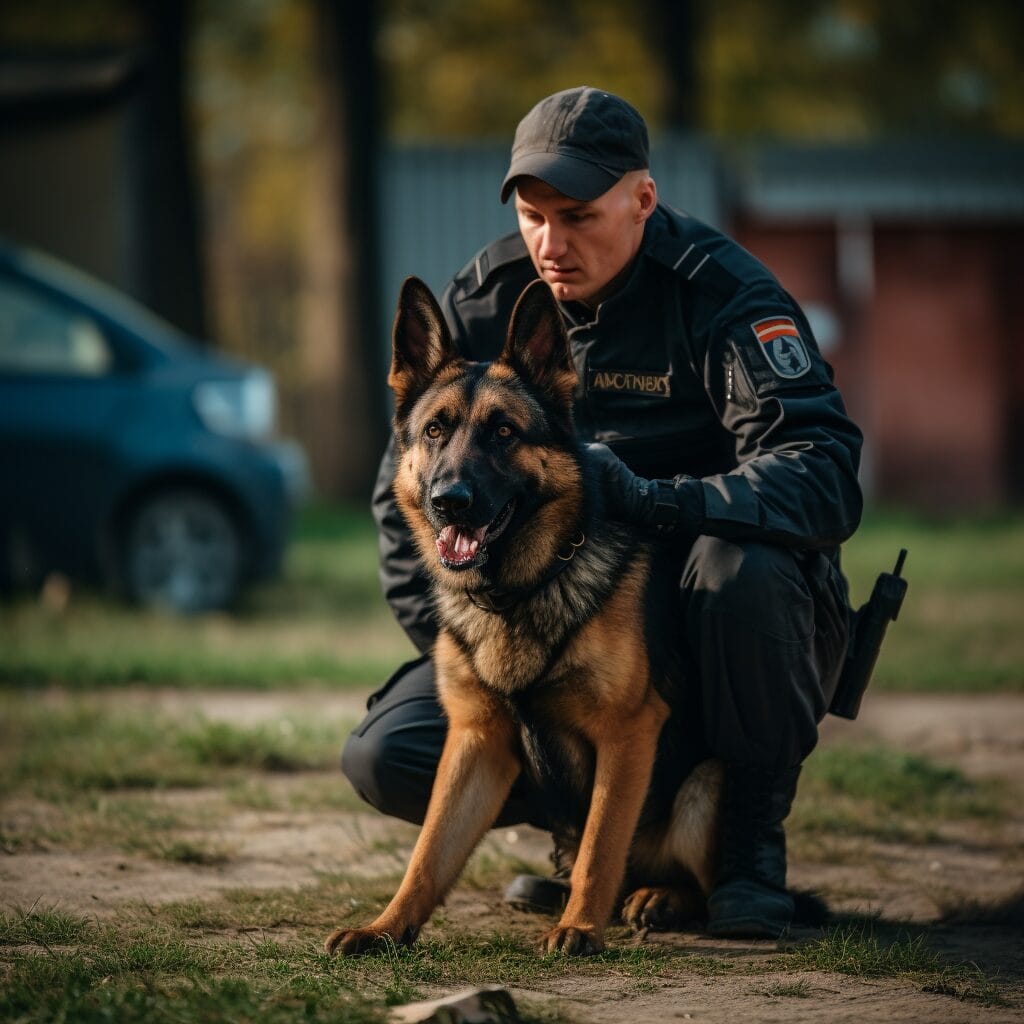Dealing with a persistent nipping habit can be frustrating and challenging for any pet owner. From understanding the reasons behind their nipping to implementing practical training techniques, we’ve got you covered with expert advice and proven solutions.
My Puppy Won’t Stop Biting Me
Key Takeaways
- Understand that puppy biting is a natural behavior driven by teething, instinct, and socialization needs.
- Combat boredom and anxiety in puppies through interactive play, mental stimulation, and regular exercise.
- Provide appropriate chew toys to redirect your puppy’s biting urges and soothe teething discomfort.
- Use Yelping to mimic a puppy’s natural communication signal to discourage biting during play.
- Implement force-free methods like positive reinforcement and redirection to teach your puppy appropriate behavior.
- Consider seeking professional training if biting issues persist despite your efforts.
Understanding Why Your Puppy Bites

Natural Behavior
Puppies explore the world through their mouths, which is why puppy biting is a common behavior. When puppies are young, they use their mouths to play, interact with their environment, and learn about the world around them.
It’s crucial for owners to recognize that biting is normal for puppies as it’s how they communicate and engage with their surroundings. Without proper guidance on what to bite and how hard, puppies may resort to nipping or biting during playtime.
Teething Phase
Just like human babies go through teething discomfort when new teeth come in, puppies also experience this phase. During teething (which typically occurs between 3-6 months), puppies chew more frequently as it helps alleviate the pain caused by new teeth pushing through their gums.
To soothe sore gums during this period of development, puppies tend to gnaw on various items within reach including your hands or feet if you’re nearby.
Addressing Boredom and Anxiety in Puppies

Mental Stimulation
Engage your puppy in activities that provide mental stimulation. These activities challenge their minds, reducing boredom and the urge to bite.
Encourage your puppy’s curiosity by introducing them to new experiences regularly. Take them to different environments or teach them new tricks.
Physical Exercise
Ensure your puppy gets enough physical exercise through regular walks and playtime. A tired puppy is less likely to exhibit excessive biting behavior as they use up their energy during these activities.
Provide a variety of toys that are safe for chewing to redirect their biting tendencies onto appropriate items rather than on you.
Managing Teething in Puppies
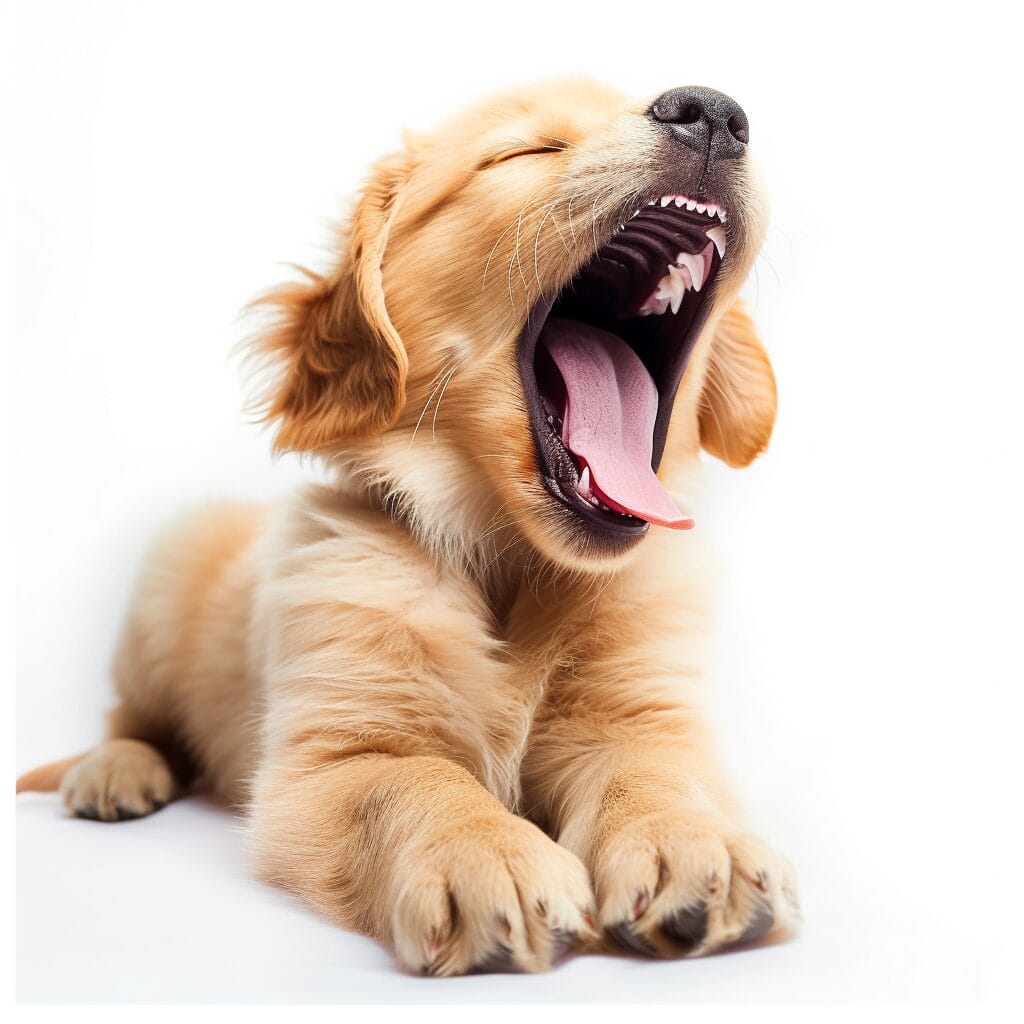
Teething Discomfort
Puppies experience discomfort during the teething process, leading to increased biting behaviors. The irritation caused by emerging puppy teeth can result in a puppy seeking relief through chewing on various objects, including hands and feet.
Teething toys designed specifically for puppies can help soothe their gums and alleviate the discomfort associated with teething. It is essential to select toys made of durable materials that are safe for your pup to chew on.
Rotating Toy Textures
Rotating different textures of teething toys can further enhance the relief provided to your puppy during the teething phase. Offering a variety of toy textures such as soft rubber, rope, or nylon can cater to your pup’s changing needs as they go through the teething process.
- Providing appropriate teething toys redirects biting behavior.
- Rotating toy textures offers varied relief during different stages of teething.
The Role of Instinct and Socialization in Biting
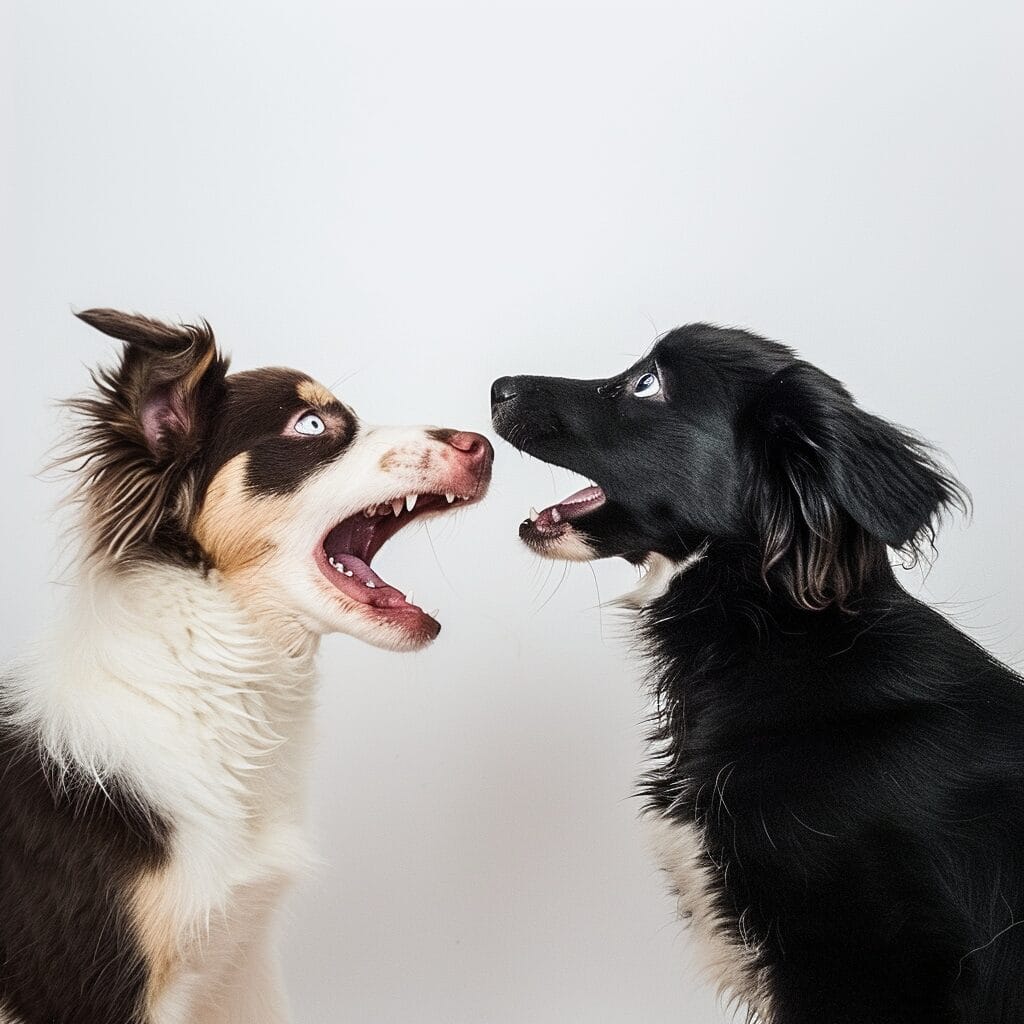
Understanding Instinctual Behaviors
Puppies may bite as part of their natural instinctual behavior, mimicking how they would play with their littermates. This behavior, often referred to as play bites, is a way for them to explore the world around them. When a puppy nips or mouths you, it might not intend to harm but rather communicate or engage in play.
Properly addressing these biting habits involves understanding that puppies do not have the same communication skills as adult dogs or humans. Their primary way of exploring and interacting with the environment is through their mouths.
Importance of Socialization for Bite Inhibition
Socializing your puppy from an early age plays a crucial role in reducing aggressive biting tendencies later on. Through positive interactions with other dogs and people during the critical socialization period (usually between 3 weeks to 14 weeks old), puppies learn appropriate boundaries and bite inhibition.
Encouraging controlled interactions where your puppy learns that gentle mouthing is allowed while any hard bites result in immediate cessation of play teaches them valuable lessons about bite strength control.
Choosing Suitable Chew Toys for Puppies
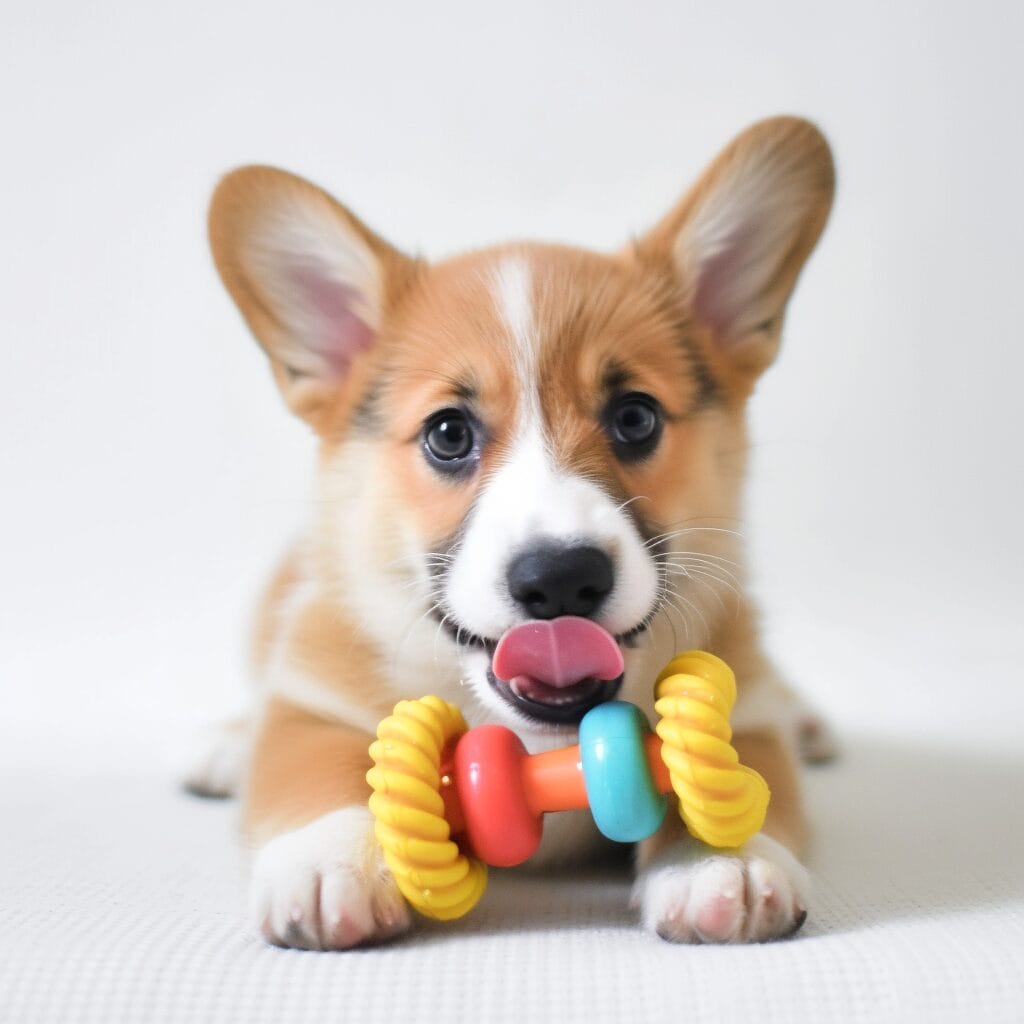
Durable Chew Toys
Puppies need chew toys to redirect their biting behavior. Opt for sturdy and durable options that can withstand their sharp teeth.
Offering puppies chew toys not only helps with teething but also prevents destructive chewing on household items like furniture or shoes.
Variety of Textures and Shapes
When selecting toys for your puppy, consider offering a range of textures and shapes. Different textures provide varied sensations while chewing, keeping your puppy engaged and satisfied.
Using Yelp to Discourage Biting Behavior

Mimicking Natural Communication Signals
Yelping when a puppy bites mimics how other puppies would react during play. This high-pitched sound imitates the distress signal that pups use with each other.
Yelping can help teach a puppy bite inhibition, which is crucial for them to learn how to control the force of their bites. By consistently yelping whenever your puppy bites you, they start understanding what is acceptable and what crosses the line.
Pausing Playtime for Effective Communication
After yelping when your puppy bites, it’s essential to pause playtime immediately. This break sends a clear message that biting leads to an end in fun activities.
Pros:
- Teaches bite inhibition effectively.
- Helps puppies understand limits during play.
Cons:
- Requires consistency and patience from pet owners.
Implementing Force-Free Methods for Discouraging Biting

Positive Reinforcement
- Encouraging nipping. Use treats to reward good behavior when your puppy refrains from biting.
- Positive reinforcement can be a powerful tool in shaping your puppy’s behavior positively.
Redirect Biting
- When the puppy chooses to bite on a toy instead of you, offer praise and encouragement.
- This technique teaches them where it’s okay to direct their chewing behaviors.
Teaching Your Puppy “Leave It”
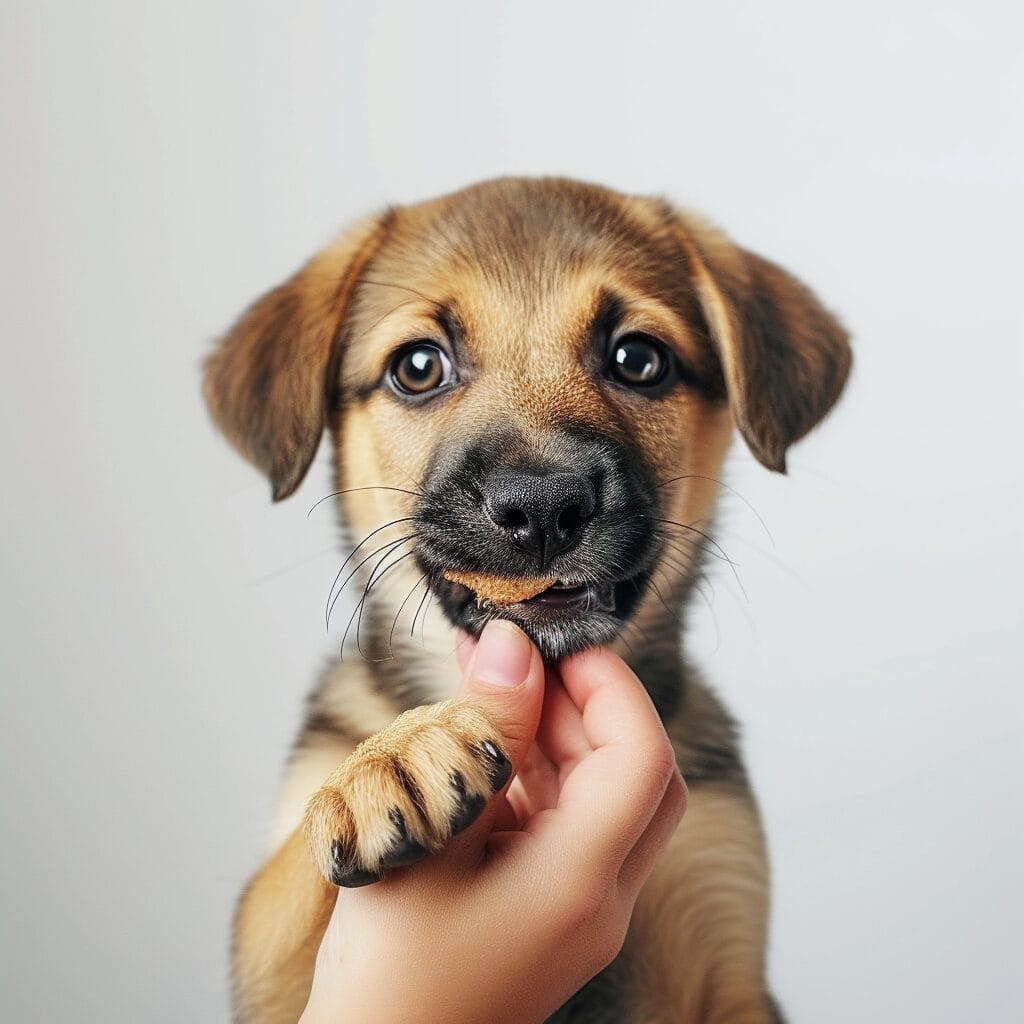
Using Treats for Reinforcement
When teaching your puppy the “leave it” command as an alternative to biting, treats can be a powerful tool. Start by showing your puppy a treat in your closed fist. If they try to bite or paw at it, close your hand and say “leave it.” Once they stop trying to get the treat, reward them with a different one from your other hand.
Using treats effectively reinforces the “leave it” cue because puppies are motivated by food. Over time, as they understand that responding to “leave it” results in a tasty treat, they will be more likely to follow this command instead of resorting to biting.
Generalizing the Command
You can use their toys or items that interest them during training sessions. For example, if your puppy tries to grab something inappropriate like shoes or socks, issue the “leave it” command and redirect their attention towards an appropriate toy.
Generalizing commands means teaching puppies that “leave it” applies not only to specific scenarios but across different contexts too.
Professional Training for Biting Issues
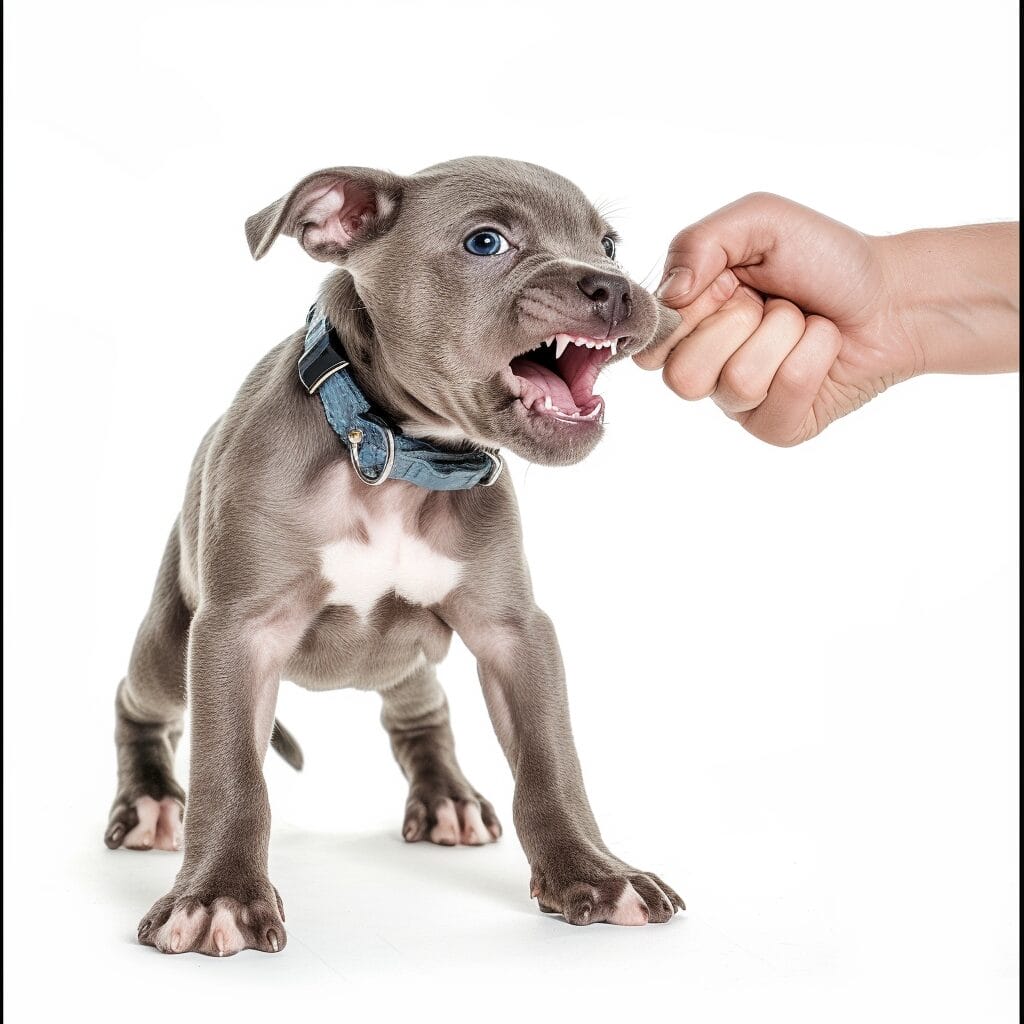
Seeking Help
If my puppy won’t stop biting me despite trying various methods, seeking professional guidance is crucial. Trainers specialize in addressing biting issues, offering tailored strategies to suit your puppy’s unique behavior.
Trainers ensure a safe environment for both you and your puppy while addressing the biting problem. Their expertise helps prevent future aggression by tackling the issue at its root.
Benefits of Professional Training
Professional trainers bring experience from handling numerous biting cases, making them adept at devising effective solutions. Their knowledge extends beyond basic training methods, providing specialized approaches to tackle even the most challenging biting phase cases.
Pros:
- Tailored strategies for specific needs
- Ensures safety during training sessions
- Prevents future aggressive behavior
Cons:
- Cost involved in hiring a professional trainer
It ensures a harmonious relationship between you and your furry friend while setting a foundation for positive behaviors in the long run.
Final Remarks
Addressing boredom, anxiety, teething, instinct, and socialization play key roles in managing this issue. Providing suitable chew toys, using Yelp to discourage biting, and implementing force-free methods like teaching “Leave It” are valuable strategies. Professional training can also be sought for persistent biting problems.
Consistency, patience, and positive reinforcement are essential in guiding puppies towards healthier behaviors. Remember that seeking professional guidance when needed is always a wise choice to ensure a happy and well-behaved furry companion.
Frequently Asked Questions
Why do puppies bite?
Understanding the reasons behind your puppy’s biting behavior can help you address it effectively.
How can boredom and anxiety contribute to biting in puppies?
Boredom and anxiety can lead to excess energy that puppies may release through biting.
What role does instinct play in a puppy’s tendency to bite?
Instinctually, puppies use their mouths for exploration and learning about the world around them.
How should one choose suitable chew toys for a teething puppy?
Opt for durable chew toys specifically designed for teething puppies.
Can using Yelp be an effective method to discourage biting behavior in puppies?
Yelping or making high-pitched sounds when bitten mimics how another dog would react when hurt during play.

